By Bunmi Yekini
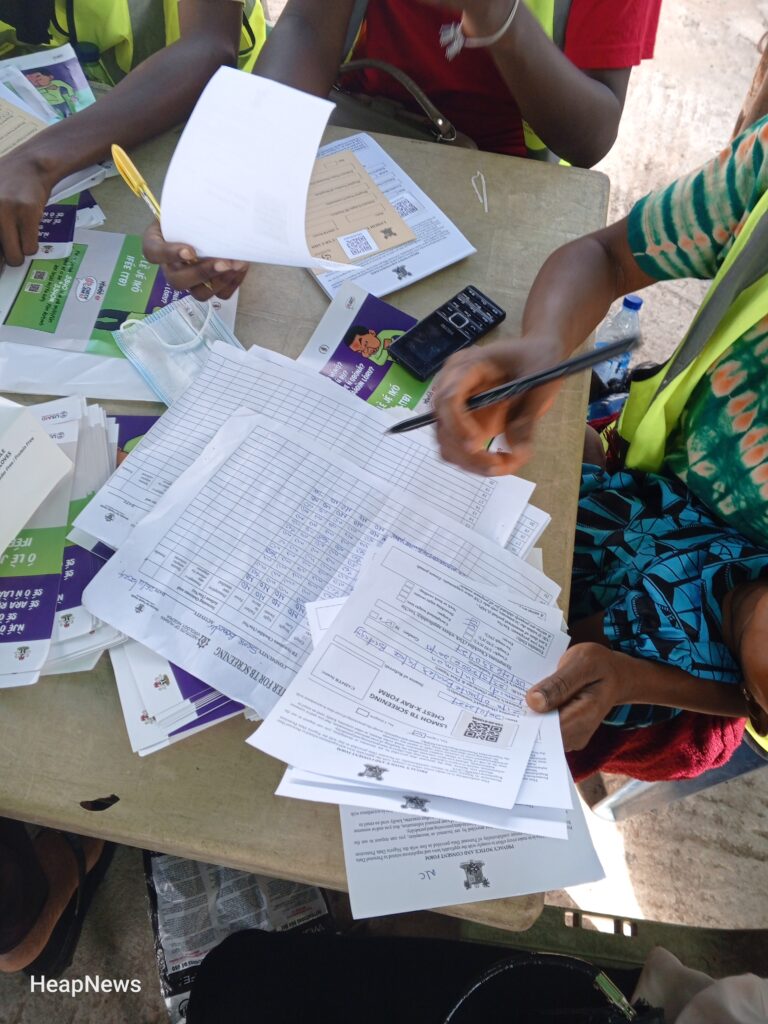
In a groundbreaking health campaign that spanned five West African countries, the Abidjan-Lagos Corridor Organization (ALCO) launched a week-long drive to combat HIV, tuberculosis (TB), hepatitis, and other public health challenges. From November 26 to December 3, 2024, the initiative brought critical health services to border towns of Seme, Krake, Hillacondji, Sanvee Condji, Kodjoviakopé, Aflao, Elubo, and Noé.
The synchronized campaign provided free HIV counseling and testing, Hepatitis B and C testing, TB screenings, diabetes testing, STI diagnosis and treatment, and distributed condoms and lubricants.
The program, supported by the West Africa Health Organization (WAHO) and several other partners, aimed to reach thousands of people who travel or live along one of Africa’s busiest corridors.
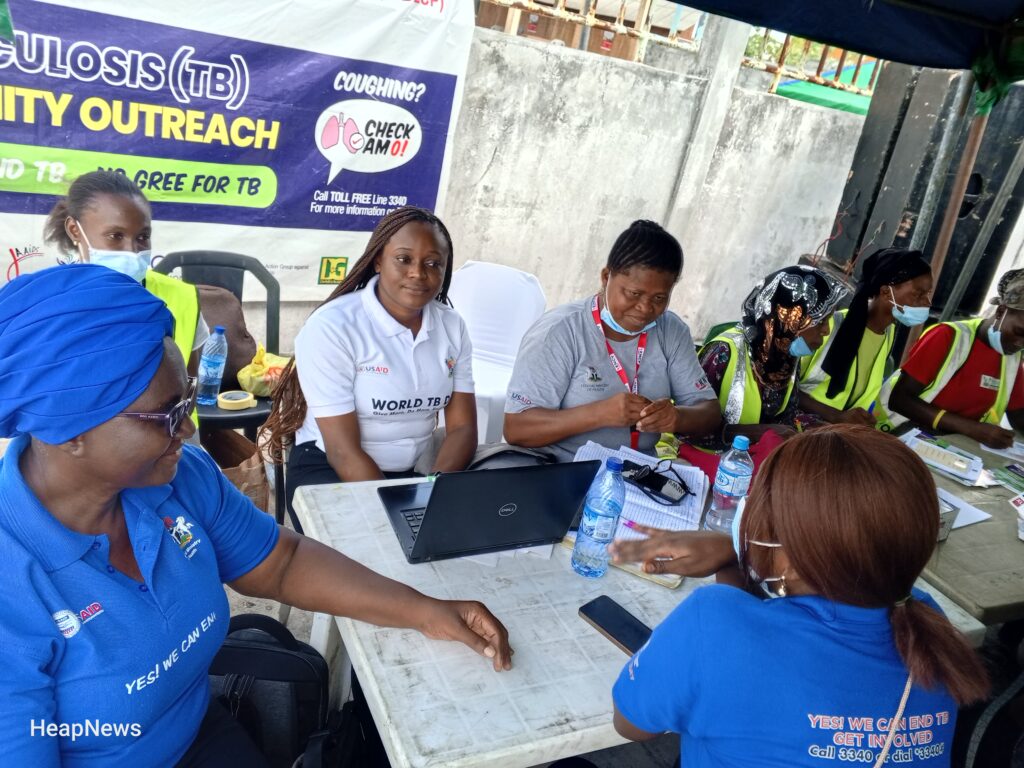
Obafemi Adepoju, Monitoring and Evaluation Officer at ALCO, described the campaign as a “massive mobilization effort” designed to ensure no one along the corridor is left behind. “This campaign is taking place simultaneously across eight locations in five countries. If someone doesn’t get tested in Nigeria, they can do it in Benin, Togo, Ghana, or Côte d’Ivoire. The idea is to ensure everyone has access to free health services, no matter where they are.”
The initiative aligns with the global push to end AIDS by 2030, as emphasized by UNAIDS. In 2023, an estimated 39 million people were living with HIV globally, with 1.3 million new infections recorded. Nigeria contributes significantly to these figures, with approximately 1.9 million people living with HIV as of 2023, according to UNAIDS and the National Agency for the Control of AIDS (NACA).
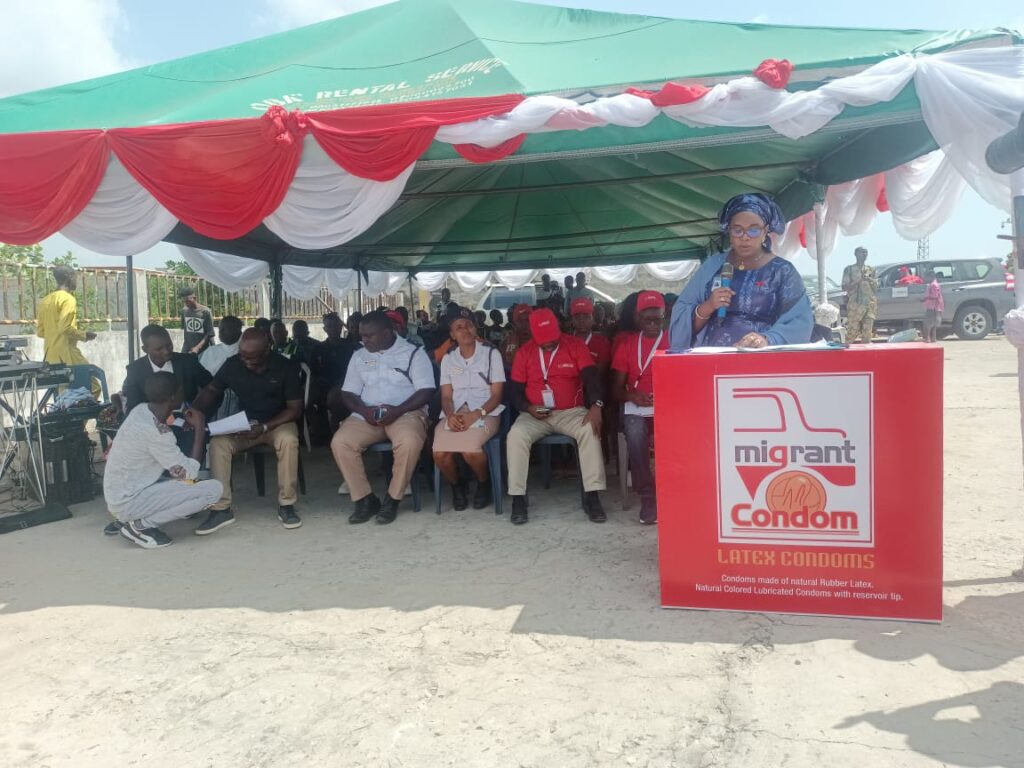
Several partners, including the Bishop Aggey Foundation, Centre for Positive Health Organization (CEPHO), and government health agencies, joined forces to make the sensitization campaign come alive in one of Africa’s busiest corridors.
Adepoju noted that while ALCO traditionally focuses on HIV prevention and care, the inclusion of TB and hepatitis testing underscores the organization’s commitment to tackling multiple health threats simultaneously.
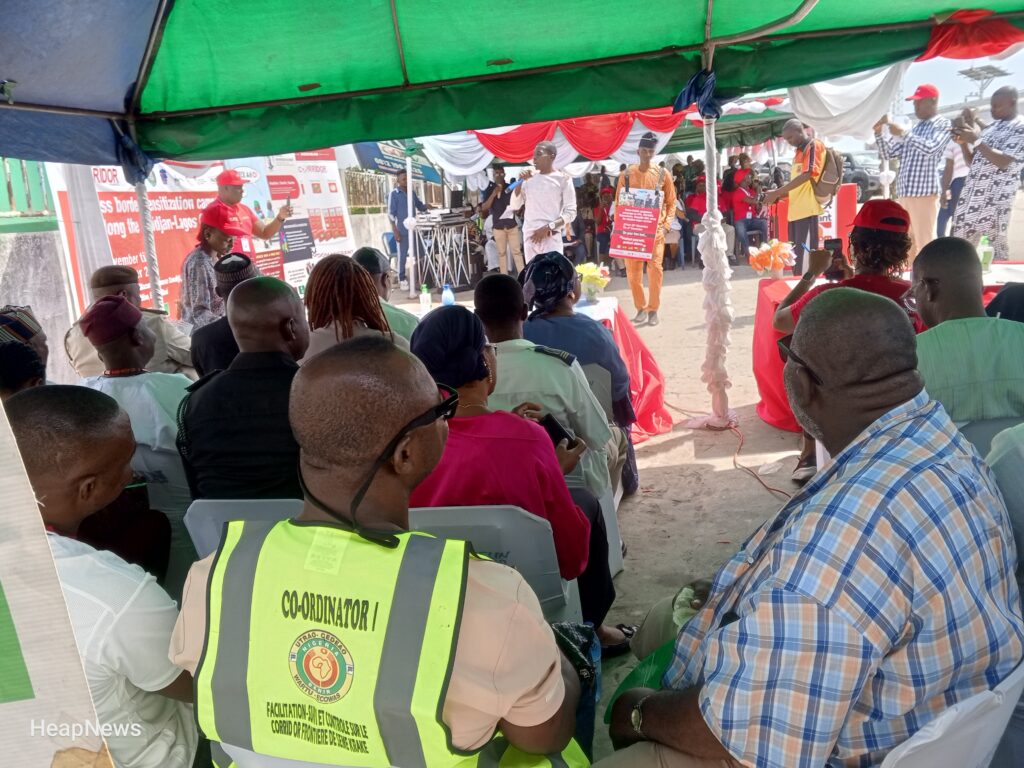
Dr. Folakemi Animashaun, Chief Executive Officer of the Lagos State AIDS Control Agency (LSACA), highlighted the importance of addressing health risks along the corridor, which serves millions of people daily, including migrants, sex workers, and travelers.
She commended the campaign for bringing life-saving services to a high-traffic region. “This corridor is a vital artery for trade and travel, but it also makes people vulnerable to communicable diseases. Through this initiative, we’re ensuring that people can check their health status, whether it’s for HIV, TB, hepatitis, or STIs, without stigma or barriers.”
Animashaun also discussed Nigeria’s efforts to mark World AIDS Day, emphasizing the need to eliminate HIV transmission by 2030. “This year’s theme, Take the Right Path, aligns with our commitment to ending HIV/AIDS, especially in children.
From community outreach in religious settings to youth-focused events like football matches, we’re using innovative ways to create awareness and encourage people to know their status.
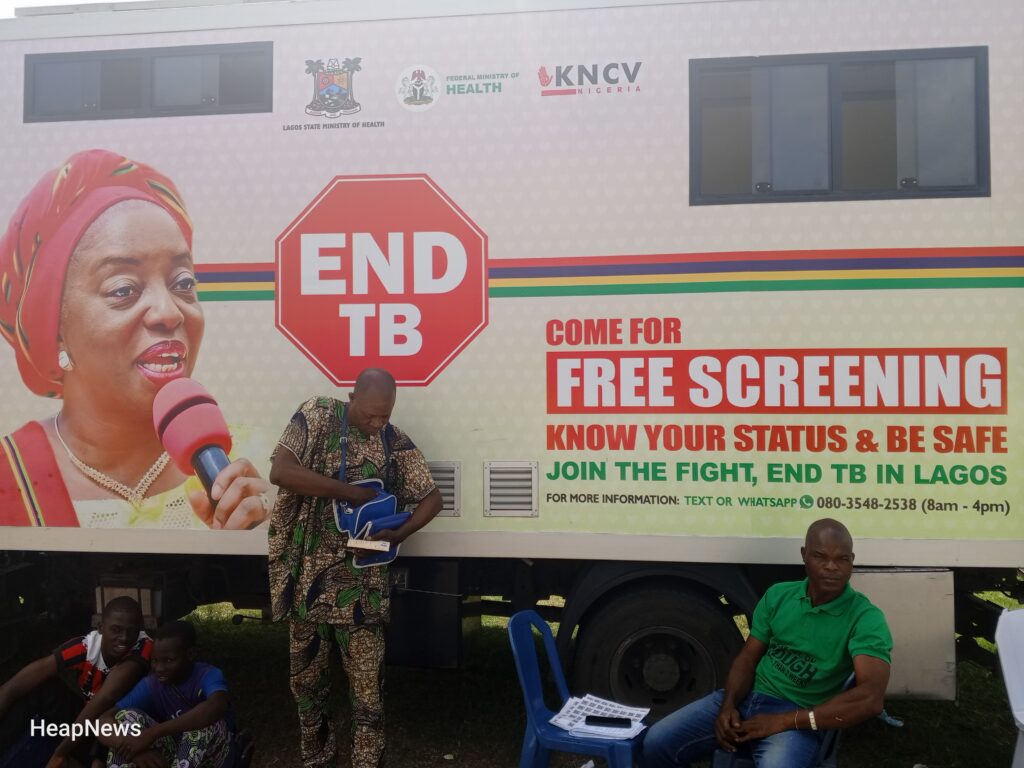
HIV is not a death sentence, and stigma has no place in our society.” Oluwatimilehin Rotimi Ojo, who works on the USAID-funded TB LON-3 project in Lagos State, highlighted the importance of free TB screening, which was made possible with a mobile chest X-ray van. “The turnout has been impressive. We can screen over 300 people in a day, and it’s heartening to see people taking the opportunity to get tested.
TB is curable, and both testing and treatment are free. We want everyone to ‘check-am o’, get tested and treated before it’s too late.”Ojo explained that the campaign went beyond TB testing, with other partners providing HIV and Hepatitis B and C screenings, as well as diabetes testing. “This collaborative effort ensures people can address multiple health concerns in one place. It’s about breaking down barriers to access and providing care where it’s needed most.”
